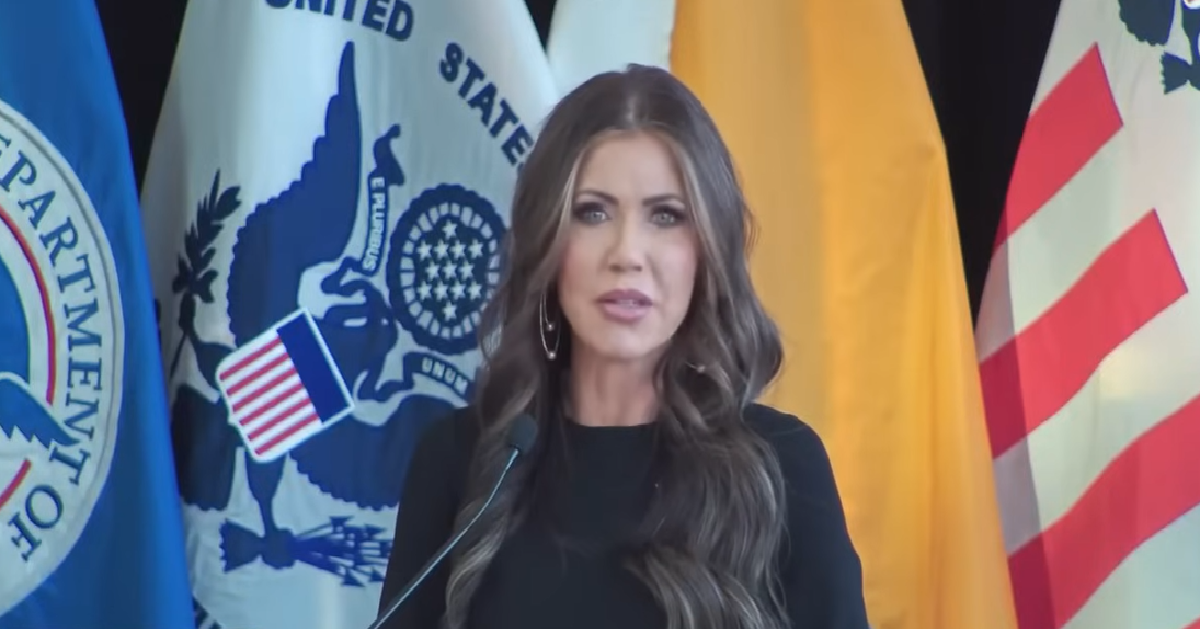Despite media reports to the contrary, Chief Justice Roberts still wields influence and control over Supreme Court
The past few years have seen an abundance of media reports about the Supreme Court and the alleged ethical lapses of some of the conservative justices, the apparent emerging independence of some of its newest members, and, of course, the purported 6-3 ideological split and conservative "supermajority."
There have also been claims that Chief Justice John Roberts has lost control of the court, but this most recent term in particular should prove that "The Roberts Court Is Roberts’s Court," according to analysis from the author, lawyer, and legal commentator David Lat.
Lat argued in his Original Jurisdiction Substack that despite what some activists and pundits may think, the chief justice continues to wield "considerable influence" over his fellow jurists on the Supreme Court.
"This is John Roberts’s Court, and the other justices are just sitting on it"
Much has been written over the past year or two about the supposed ethical shortcomings of conservative Justices Samuel Alito and Clarence Thomas, and more recently there has been a surge of stories about the emerging ideological independence of the court's two newest members, Justices Amy Coney Barrett and Ketanji Brown Jackson.
"Relatively little attention has been paid to the 'first among equals,' Chief Justice John Roberts -- and one can understand why," Lat wrote. "The unassuming Roberts makes few public appearances, rarely speaks to the press, stays out of ethical trouble, and doesn’t write books."
Roberts instead "prefers to speak through his work," he continued, "And when you look at that body of work -- whether you admire it, abhor it, or something in between -- his power and influence become clear. This is John Roberts’s Court, and the other justices are just sitting on it."
Roberts leading in the majority
Lat first turned to the statistical analysis of the recently concluded term by Empirical SCOTUS which found that Chief Justice Roberts was in the majority 96% of the time, the most of all of the nine justices.
That analysis showed that Roberts wrote the fewest opinions of all of the justices, just nine in total counting concurrences and dissents, but Lat argued that Roberts' opinions were arguably the most consequential and included issues like outlining presidential immunity, overturning the Chevron deference doctrine that favored federal agencies, reeling in the Justice Department's overbroad use of an obstruction statute against Jan. 6 defendants, and keeping guns out of the hands of domestic abusers, to name a few.
Roberts also displayed "leadership" and his power of persuasion, in Lat's view, and pushed back against the narrative of a sharp ideological split by overseeing a 46% unanimity rate for the term's decisions, the highest rate in several years, as well as well more than a dozen decisions comprised of "blurred ideological coalitions" of varying makeup.
Roberts' continued role as a "swing" vote
For many years, until 2020, Chief Justice Roberts was considered to be the "swing vote" on the Supreme Court who provided a moderating balance between the equally numbered conservative and liberal wings.
Lat acknowledged in his piece that the swing role has been diminished somewhat by the nominal 6-3 ideological split, but that purported split isn't always or entirely accurate, as there are legitimate arguments to be made that the court is currently split 3-3-3.
That 3-3-3 split places Justices Alito, Thomas, and Neil Gorsuch on the right, Justices Sonia Sotomayor, Elena Kagen, and Jackson on the left, and leaves Roberts in the middle along with Barrett and Justice Brett Kavanaugh. As such, Roberts continues to be a "swing" justice but now has some company in that particular role.
Roberts ushered in the Court's first Code of Ethics
Returning to his analysis of Roberts' "leadership," Lat pointed out that the chief justice was apparently able to convince his eight colleagues to all agree upon the adoption of the Supreme Court's first-ever Code of Ethics that, while non-binding and lacking enforcement mechanisms -- and failing to appease leftist critics -- nonetheless shows the court is aware of the public's perception of alleged ethical issues and is willing to address those concerns instead of ignoring them.
In the end, while the importance of his role may be diminished and his power is not absolute, Roberts still exerts a substantial measure of control and influence over the aptly named Roberts' Court and will likely continue to do so for some time.






